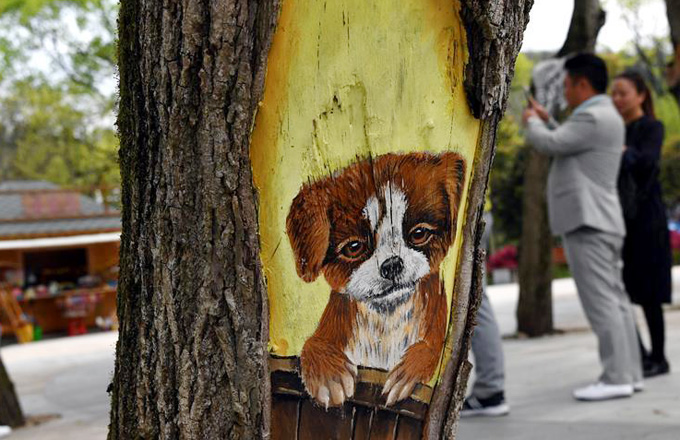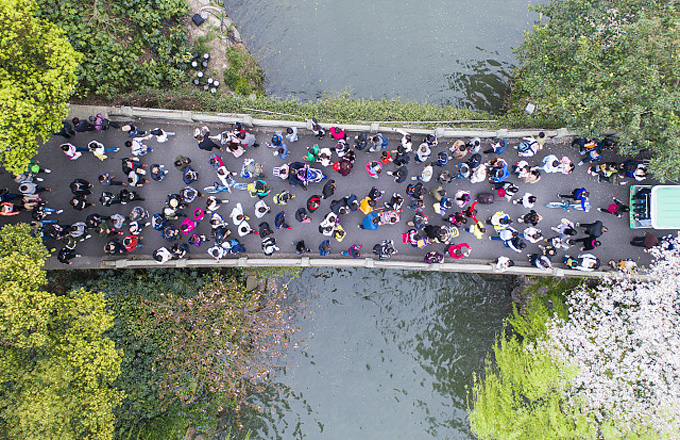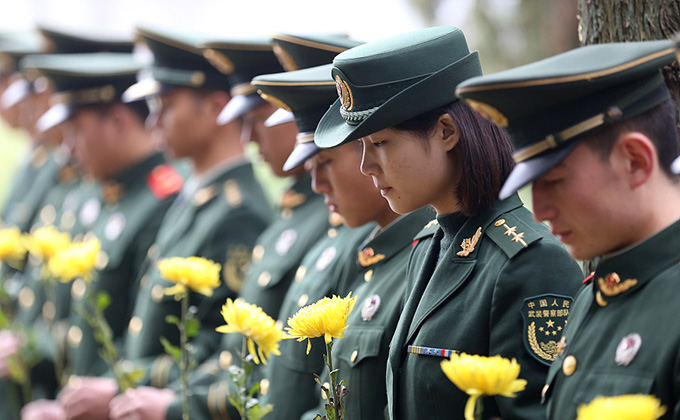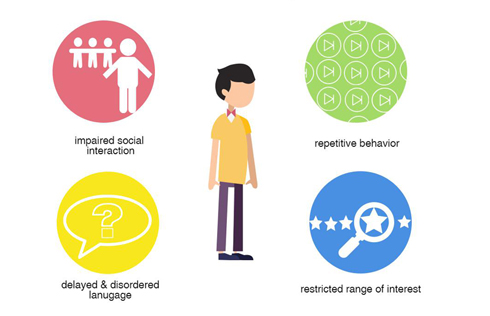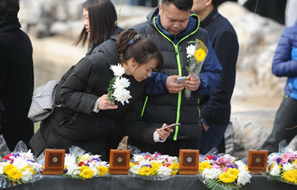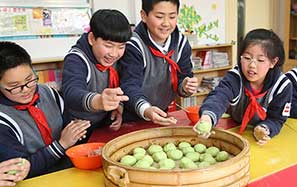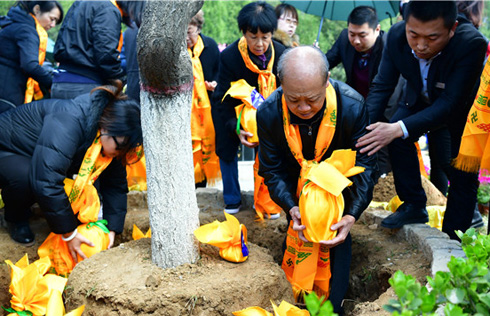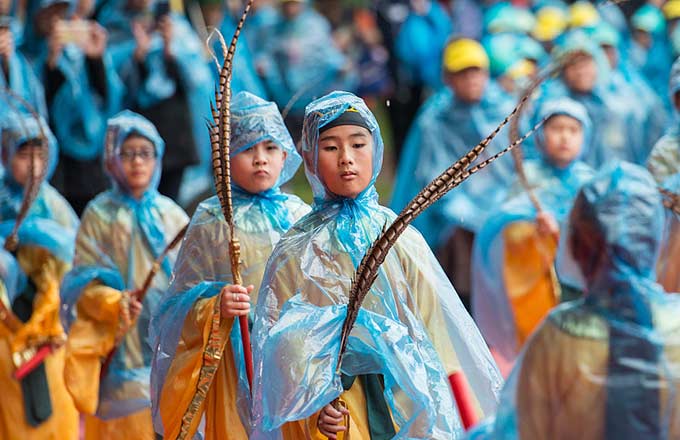Festival experiences continuity, changes
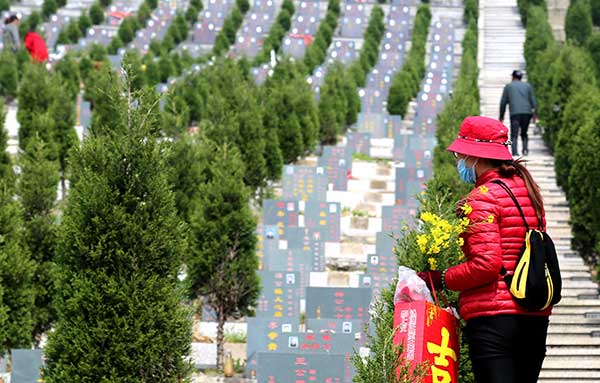 |
|
A woman pays her respects at a graveyard in Wenling, Zhejiang province, on Tuesday.[JiN Yunguo/For China Daily] |
Old traditions of national holiday inherited with modern adaptations
For more than 2,500 years, Tomb Sweeping Day, locally known as Qingming Festival, has been an occasion for Chinese to mourn the deceased and worship their ancestors. Today, although there have been changes, the tradition is well preserved.
"To me, it is an important holiday, second only to Spring Festival," said Shi Yukun, who spent 15 hours flying from Birmingham, England, to Kaifeng in Henan province via Germany and Beijing.
He recalled that when he was young, his entire family would plan a trip several days before the festival. They prepared sacrifices and went to a graveyard in groups.
"The little ones knelt down in front of the tomb while the adults performed rituals of worship," he said. "The children also had their tasks of folding the burning paper. The fastest would be rewarded during the picnic."
Shi went to England seven years ago. "Only after I moved away did I feel the emotional attachment of Chinese people to their ancestral home," he said. "Tomb Sweeping Day carries such feelings."
In Qinghai province, a retired railway construction worker, Zhang Shenglin, brought alcohol to his former colleagues' tombs, as he always does. Every Tomb Sweeping Day, he drinks and talks to them.
"Seven of my fellow workers died during construction of the Qinghai-Tibet Railway, four of them in my arms," he said.
The 62-year-old was part of a crew that began digging a tunnel through a 3,800-meter-high mountain in 1974.
"We took three years to complete the tunnel, but some people died from floods during construction or were killed by falling stones," he said. "I miss them so much."




